Airbus factory
Location
Gyula
Construction period
2020-2022
Floor area
17 739 m2
Amount of reinforcing steel
765,32 tons
Quantity of crushed stone
6950 m3
Number of piles
2454 pcs
Volume of concrete used
11 091 m3
Category
Industrial facilities
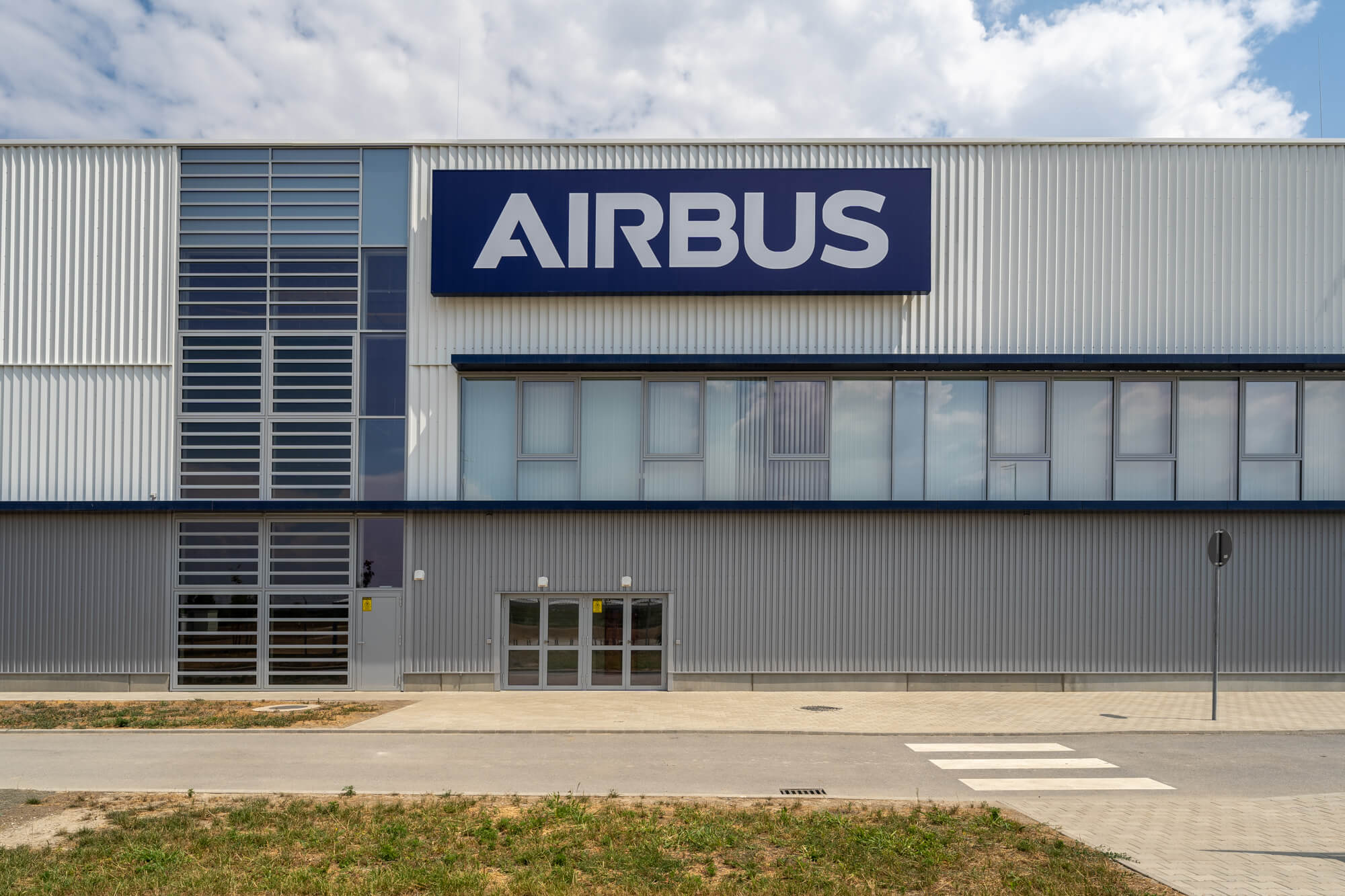
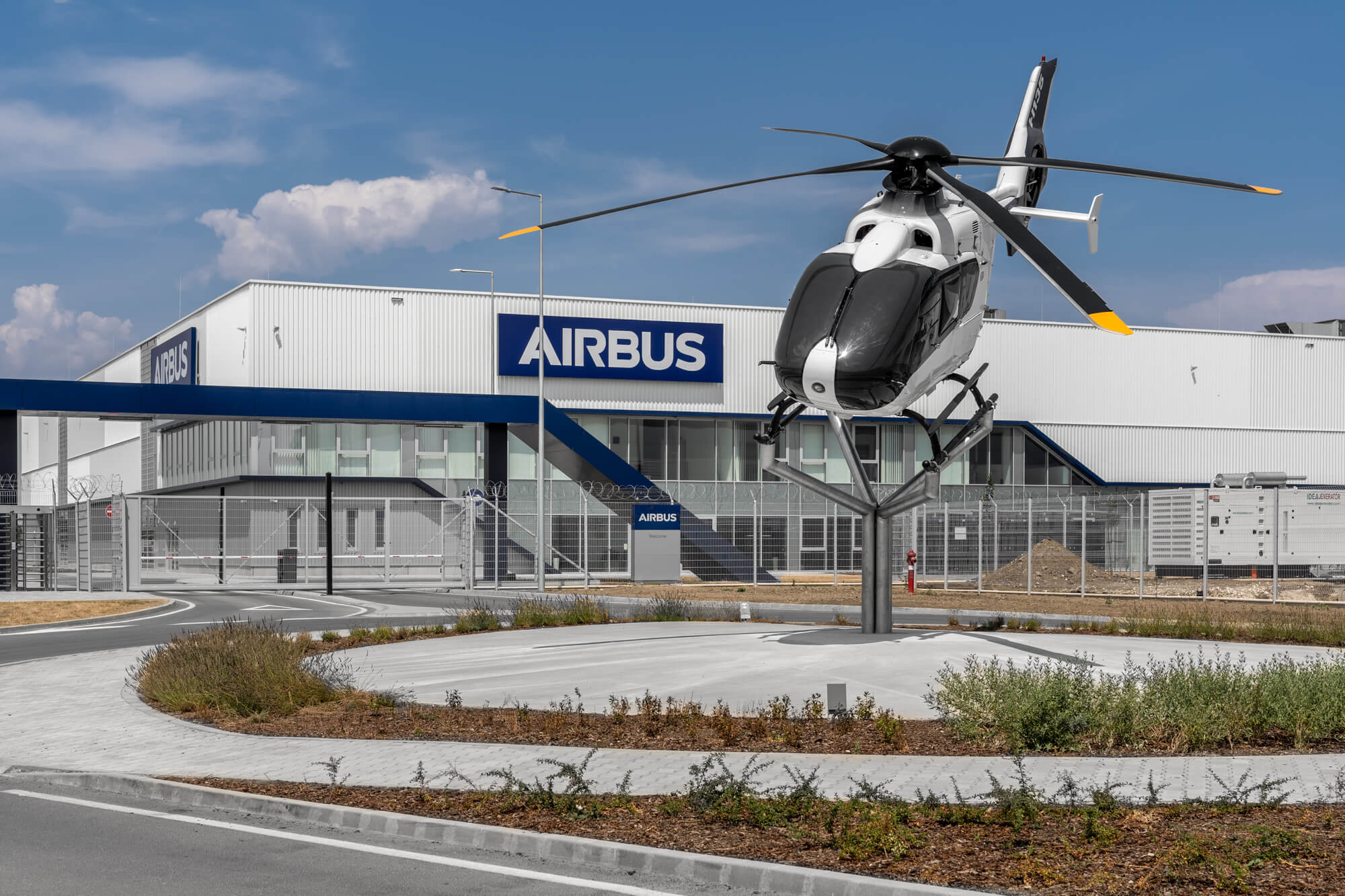
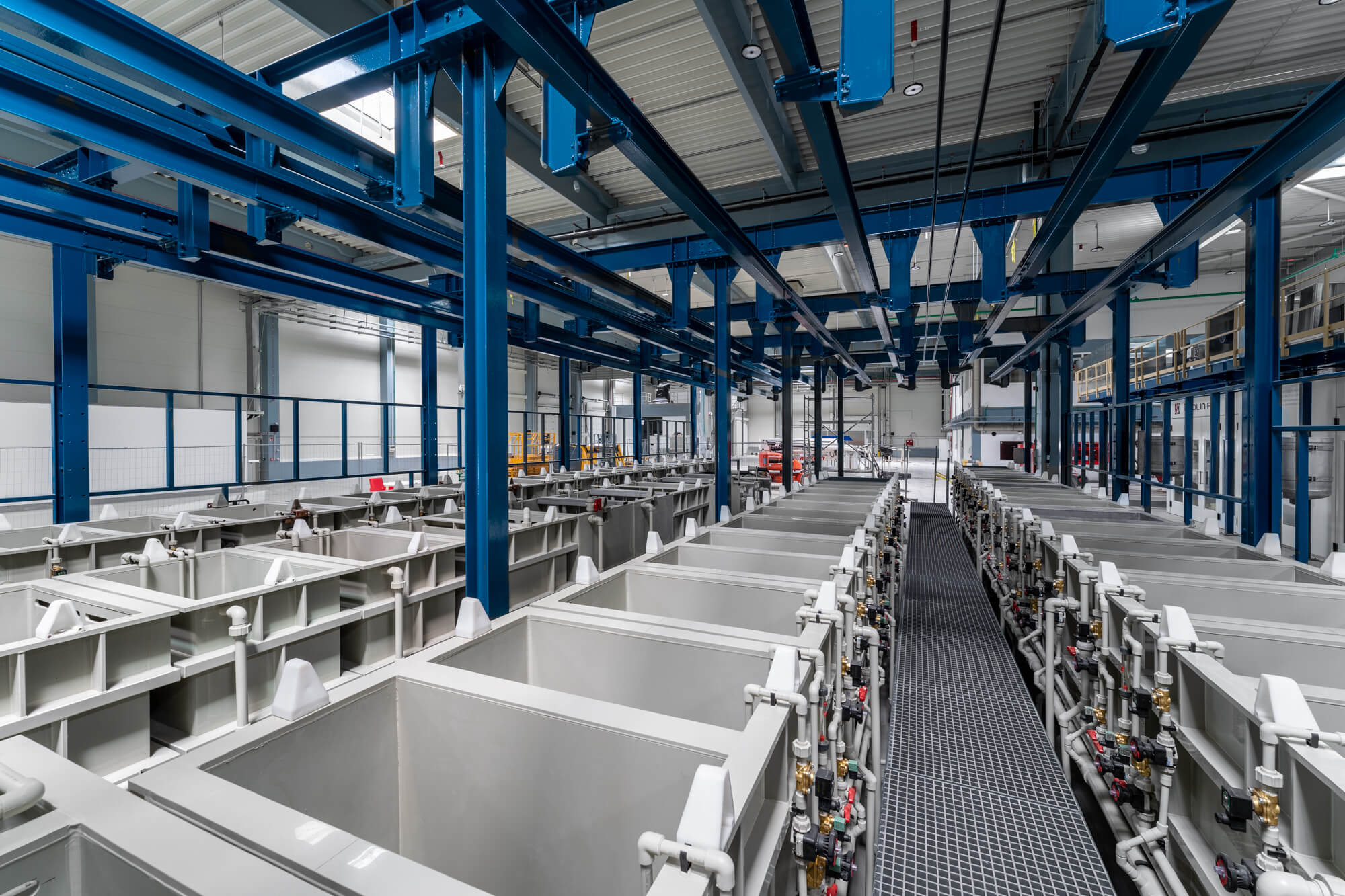
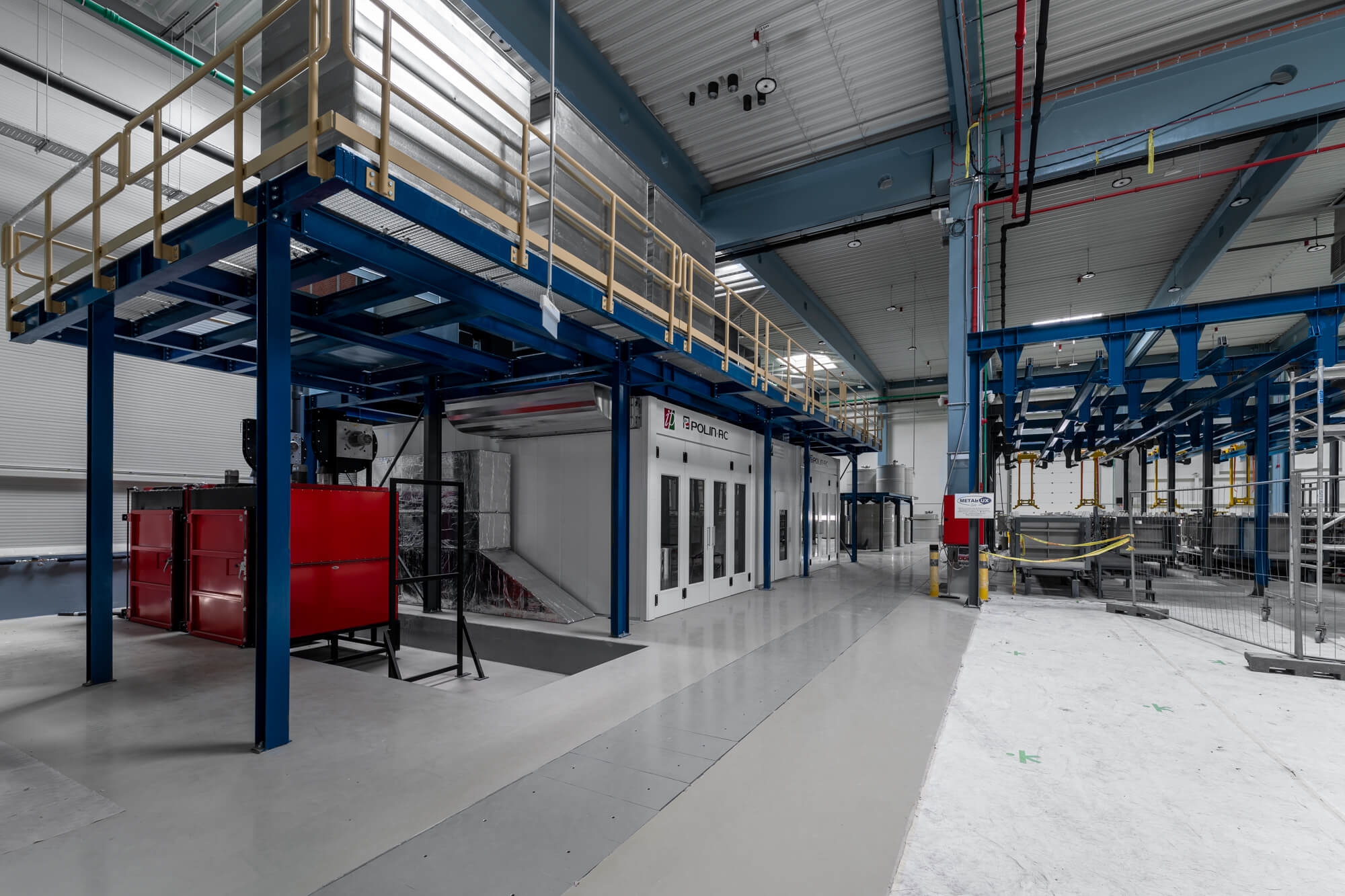
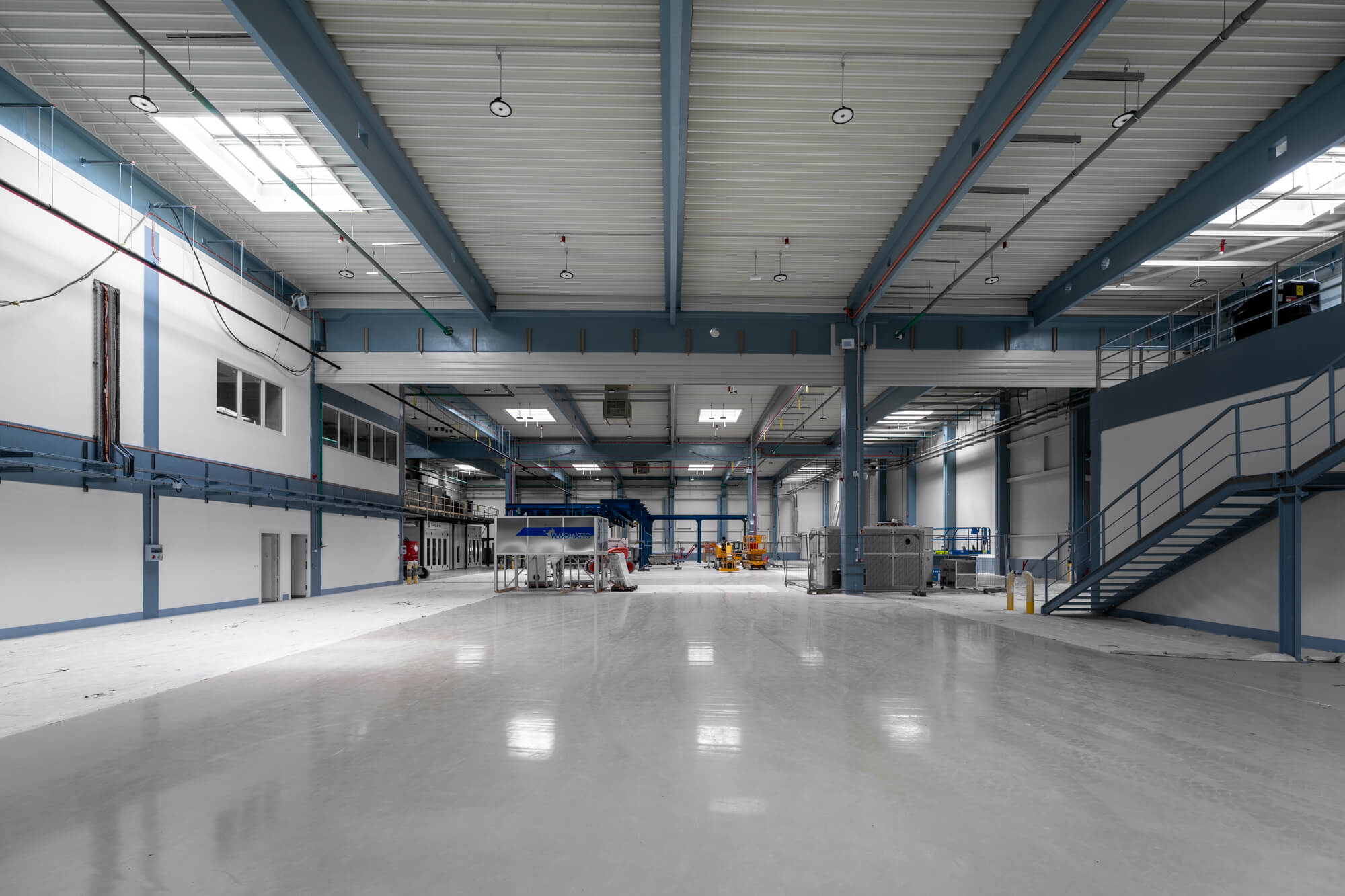
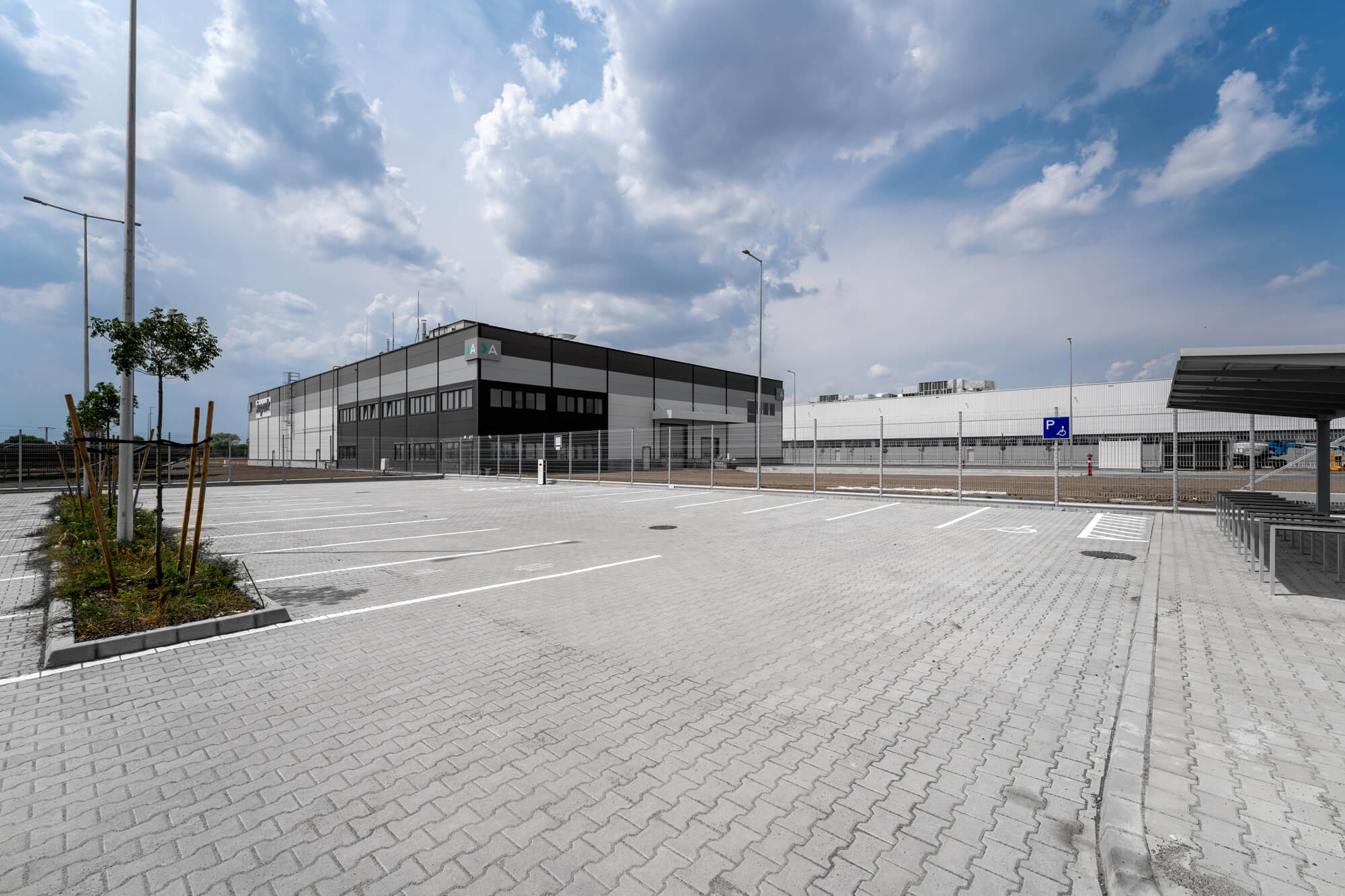
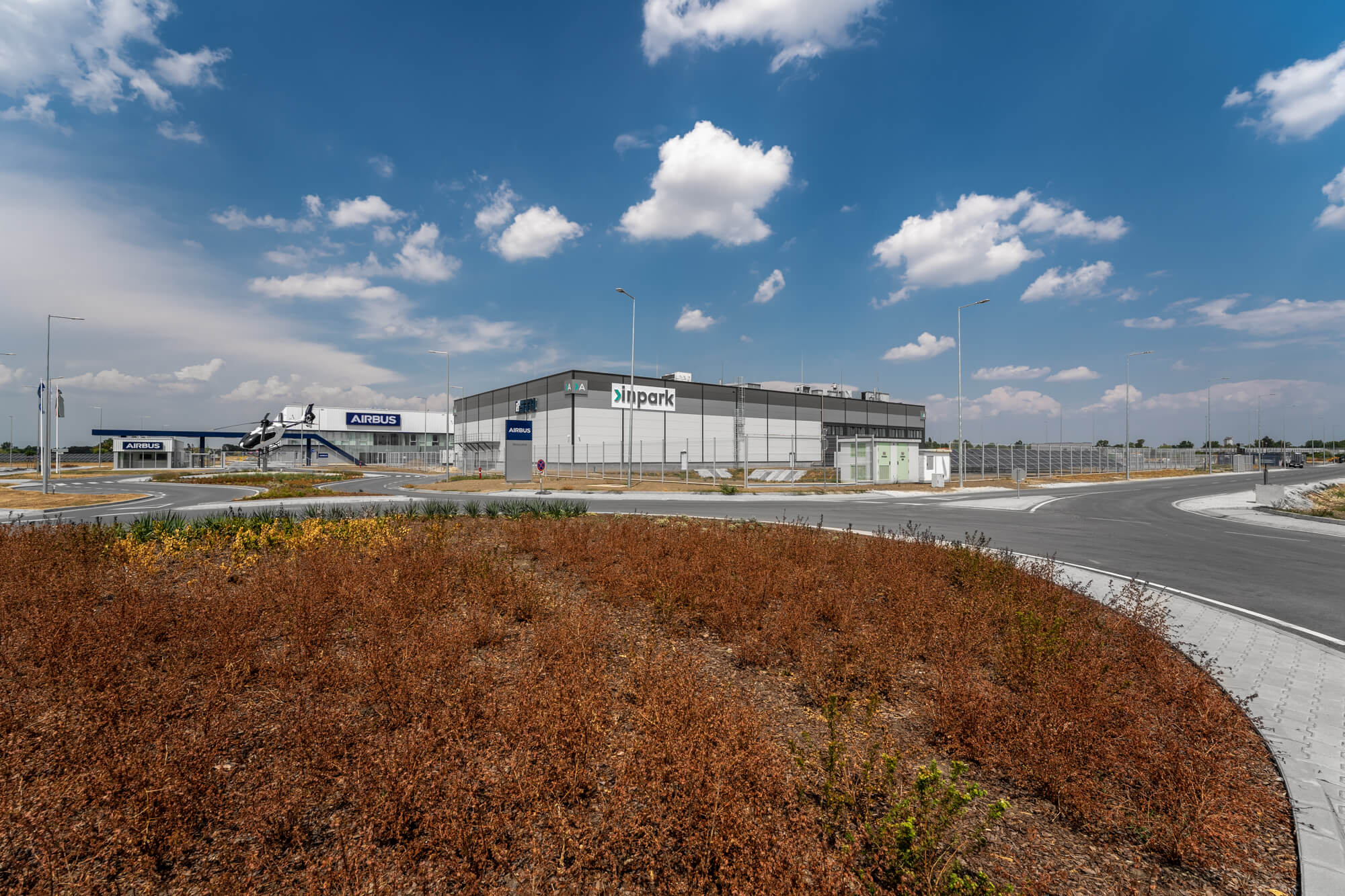

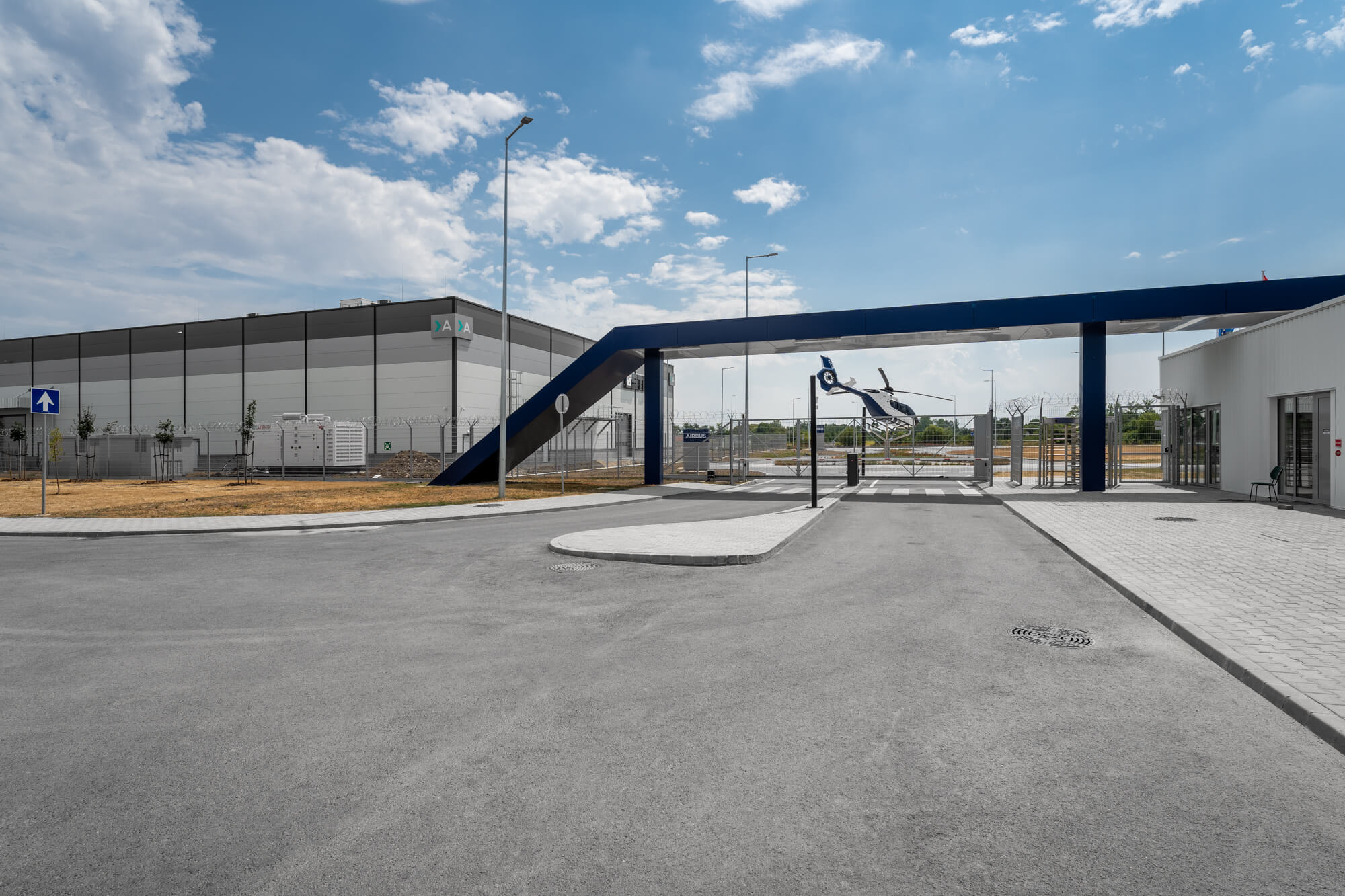
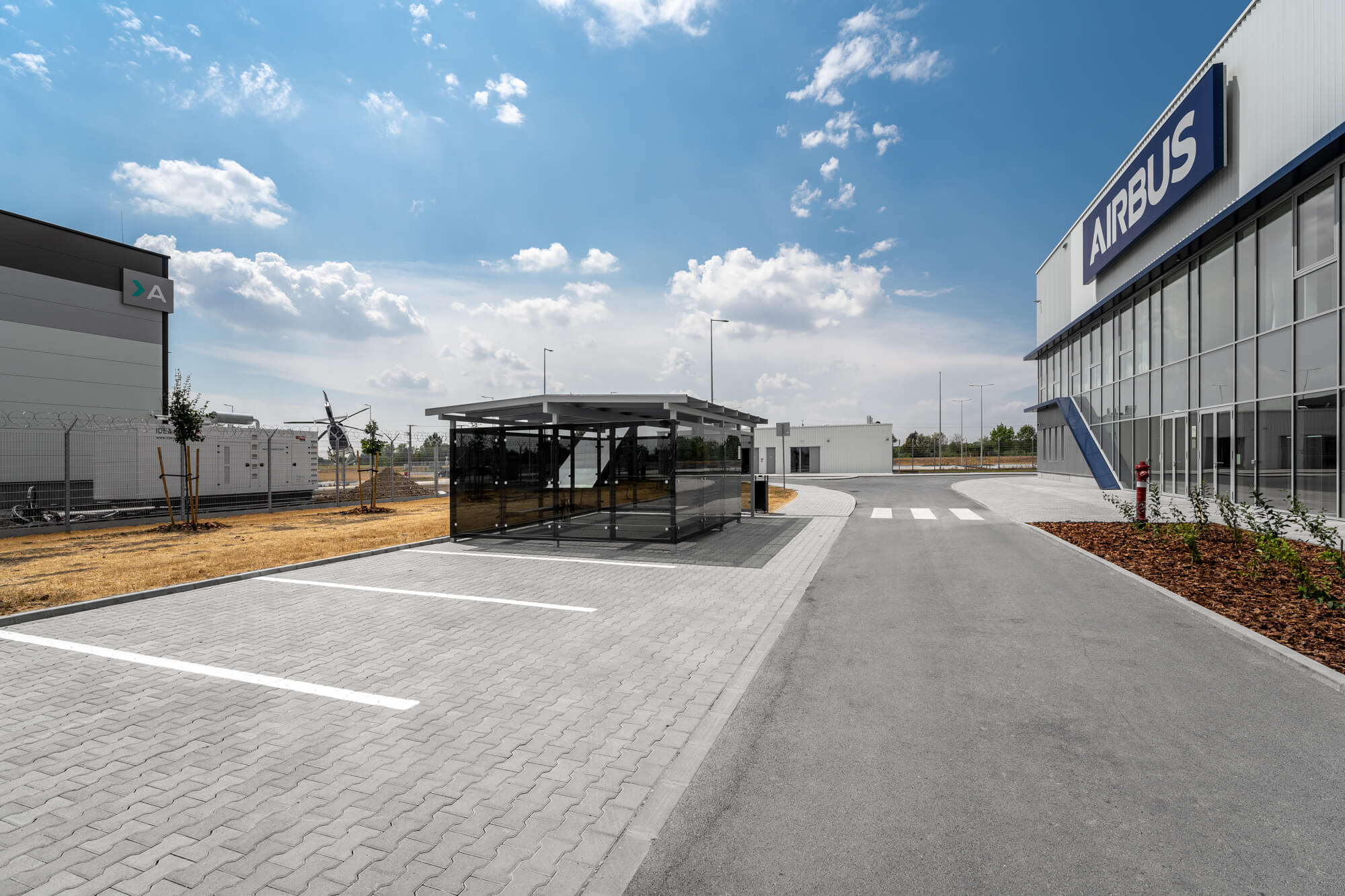
One of Hungary’s most significant industrial investments in aircraft manufacturing was realized in Gyula: the new parts factory of Airbus Helicopters, producing precision components for the European helicopter manufacturer’s entire model range. The project was commissioned by the Nemzeti Ipari Park Üzemeltető és Fejlesztő (NIPÜF Zrt.), with general contracting carried out by Market Építő Zrt.
The factory covers a floor area of 13,000 square meters, manufacturing airframe structures from steel and titanium, dynamic system components, as well as some helicopter door panels. It serves as the sole supply point for Airbus’s entire helicopter fleet in this field, giving the facility a key strategic role. Next to the production hall, a 3,100 square meter surface treatment plant was also constructed.
Construction started in November 2020 and was completed in October 2022. The project involved not only significant technological upgrades and building expansions but also continuous changes in technical content; more than 100 change orders were managed during construction. Throughout the design and build phases, requirements far exceeding Hungarian standards had to be met, including aeronautical and defense industry regulations, as well as stringent fire safety and insurance provisions.
Despite its functional nature, the facility features an architecturally refined design. The facade goes beyond traditional industrial aesthetics: the balanced massing, structured panel layout, and detailed finishes reflect conscious architectural planning. The industrial hall’s sandwich panels and trapezoidal roof sheets received a post-applied synthetic resin coating for corrosion protection — a rare surface treatment in Hungary. Special attention was given to sealing structural joints, as the manufacturing processes impose strict demands on airtightness and thermal insulation.

